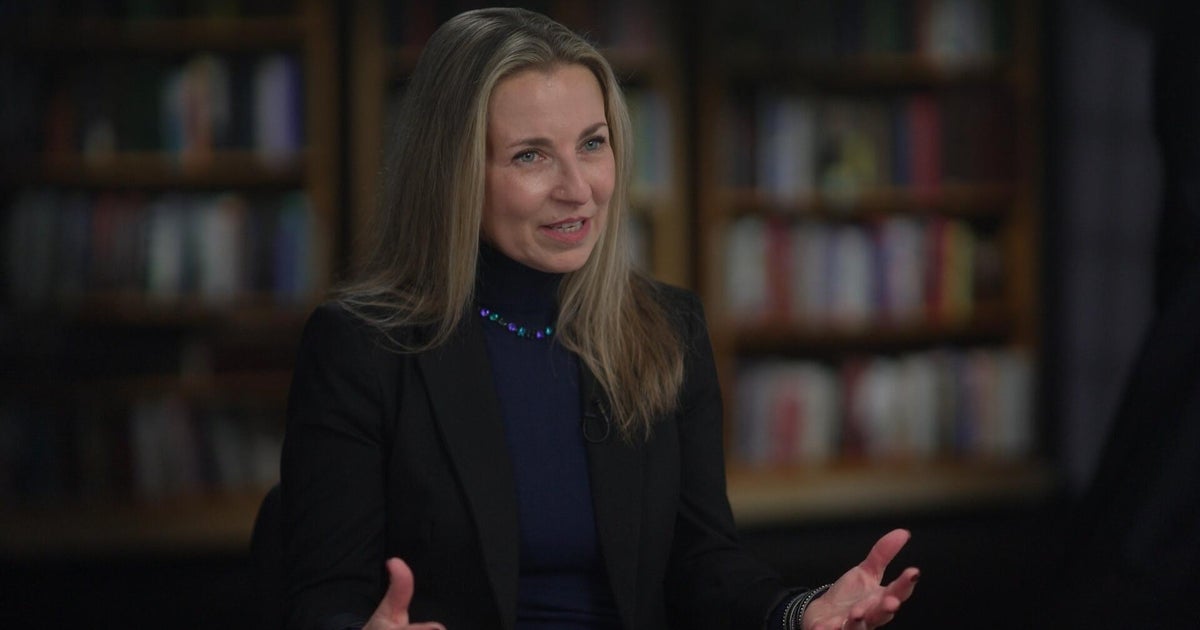The Hidden Risks of Egg Freezing: What Women Need to Know
Egg freezing, once a niche medical procedure, has surged in popularity as more women delay motherhood for career or personal reasons. While marketed as an empowering fertility insurance policy, experts caution that the process carries physical, financial, and emotional risks often overshadowed by optimistic success stories. From hormonal side effects to uncertain outcomes, here’s what women should consider before undergoing this costly and invasive procedure.
The Rising Popularity and Promises of Egg Freezing
Over the past decade, elective egg freezing—or oocyte cryopreservation—has grown exponentially. According to the Society for Assisted Reproductive Technology (SART), U.S. clinics reported a 46% increase in egg-freezing cycles between 2019 and 2021 alone. Companies like Apple and Facebook now offer it as an employee benefit, reinforcing its image as a pragmatic choice for women prioritizing education or career advancement.
However, Dr. Linda Huang, a reproductive endocrinologist at Boston IVF, warns: “Many women view egg freezing as a guarantee, but success rates vary dramatically by age and clinic. A 35-year-old might have a 70% chance of a live birth per 20 frozen eggs, while a 40-year-old’s odds drop to 30%.” The American Society for Reproductive Medicine (ASRM) notes that only about 12% of frozen eggs are ever used, raising questions about the emotional toll of unmet expectations.
Physical and Emotional Risks Often Overlooked
The egg retrieval process requires hormone injections to stimulate the ovaries, which can cause:
- Ovarian Hyperstimulation Syndrome (OHSS): A potentially severe reaction affecting 1-5% of patients, leading to pain, bloating, or life-threatening complications.
- Long-term health uncertainties: Limited research exists on the effects of repeated cycles or hormone exposure over decades.
- Psychological stress: A 2022 Fertility and Sterility study found 40% of women experienced anxiety or regret post-procedure, particularly if pregnancy attempts later failed.
Sarah Chen, a 38-year-old marketing executive who froze her eggs at 34, shares: “I felt pressure to ‘act now,’ but no one prepared me for the grief when my first IVF round with those eggs didn’t work. It’s not just a backup plan—it’s a rollercoaster.”
Financial Costs and Ethical Dilemmas
Egg freezing costs $10,000–$15,000 per cycle in the U.S., plus annual storage fees of $500–$1,000. Most insurance plans exclude coverage, and success isn’t guaranteed—only 21% of thawed eggs result in live births for women over 38, per SART data. Additionally, clinics’ marketing tactics have drawn scrutiny for overstating benefits while downplaying attrition rates.
Ethicists also highlight dilemmas like:
- The disposal of unused eggs, which 60% of women struggle with emotionally (per a 2023 Journal of Medical Ethics survey).
- Equity gaps, as the high cost excludes lower-income women from accessing the technology.
Navigating the Decision: Key Questions to Ask
Before committing, experts advise women to:
- Consult a fertility specialist: Assess ovarian reserve (AMH levels) and realistic success odds for their age.
- Research clinics thoroughly: Compare live birth rates per thawed egg, not just freezing success.
- Consider alternatives: Embryo freezing (with a partner’s or donor sperm) may offer higher success rates.
The Future of Egg Freezing: Balancing Hope and Realism
While advancements like vitrification (flash-freezing) have improved egg survival rates to 90%, the field lacks long-term data. Researchers are studying ways to enhance egg quality in older women, but for now, experts stress that egg freezing is a gamble—not a guarantee.
As Dr. Huang summarizes: “This technology can be transformative, but it’s not a one-size-fits-all solution. Women deserve transparent conversations about risks, costs, and the very real possibility that it might not work.”
For those exploring options, consulting a reproductive psychologist alongside a medical provider can help weigh emotional and physical trade-offs. The path to parenthood is deeply personal, and informed choices—not corporate slogans—should guide it.
Call to Action: If you’re considering egg freezing, download the ASRM’s Patient Guide to Elective Fertility Preservation for clinic checklists and critical questions to ask your doctor.
See more WebMD Network



